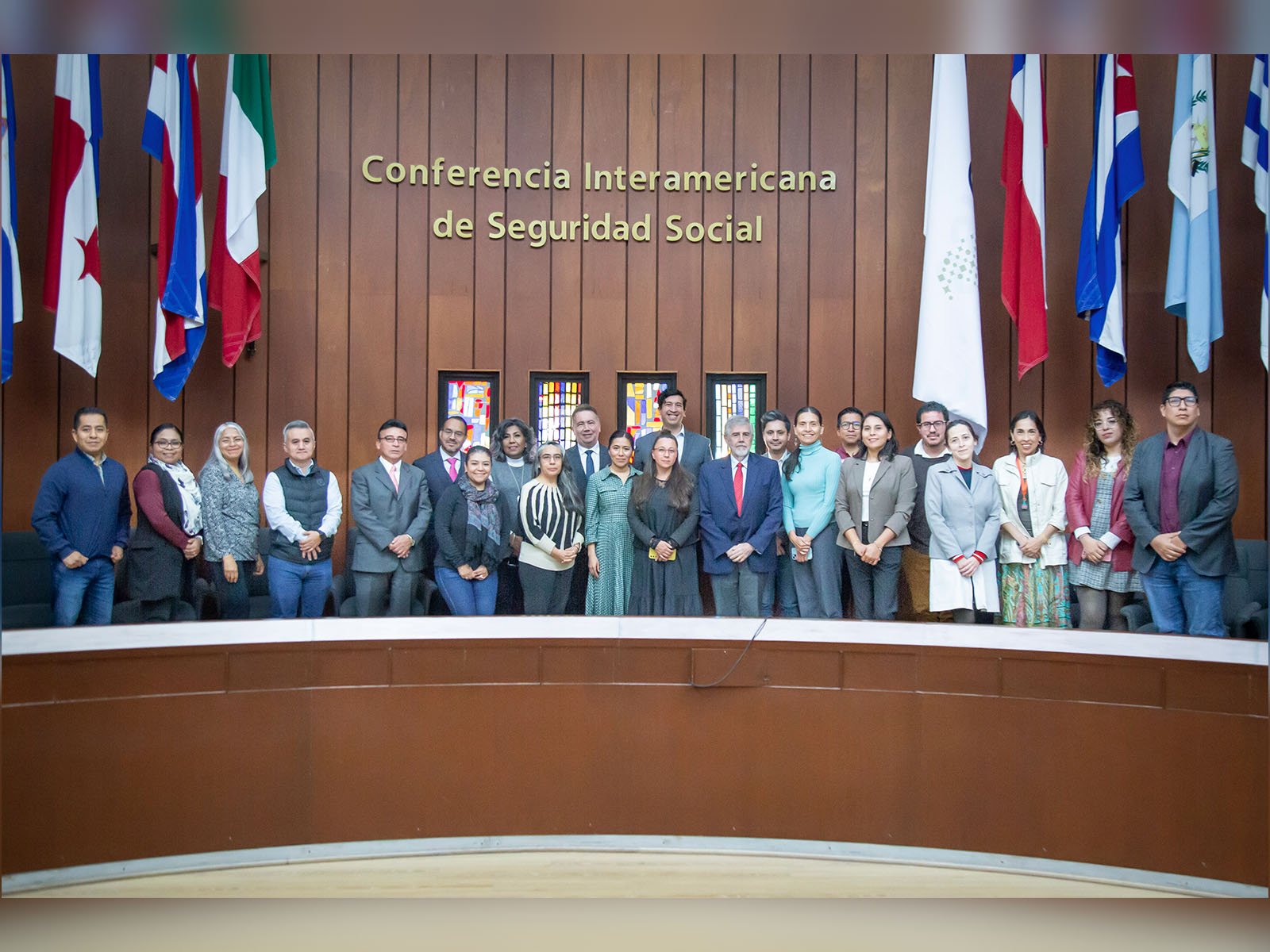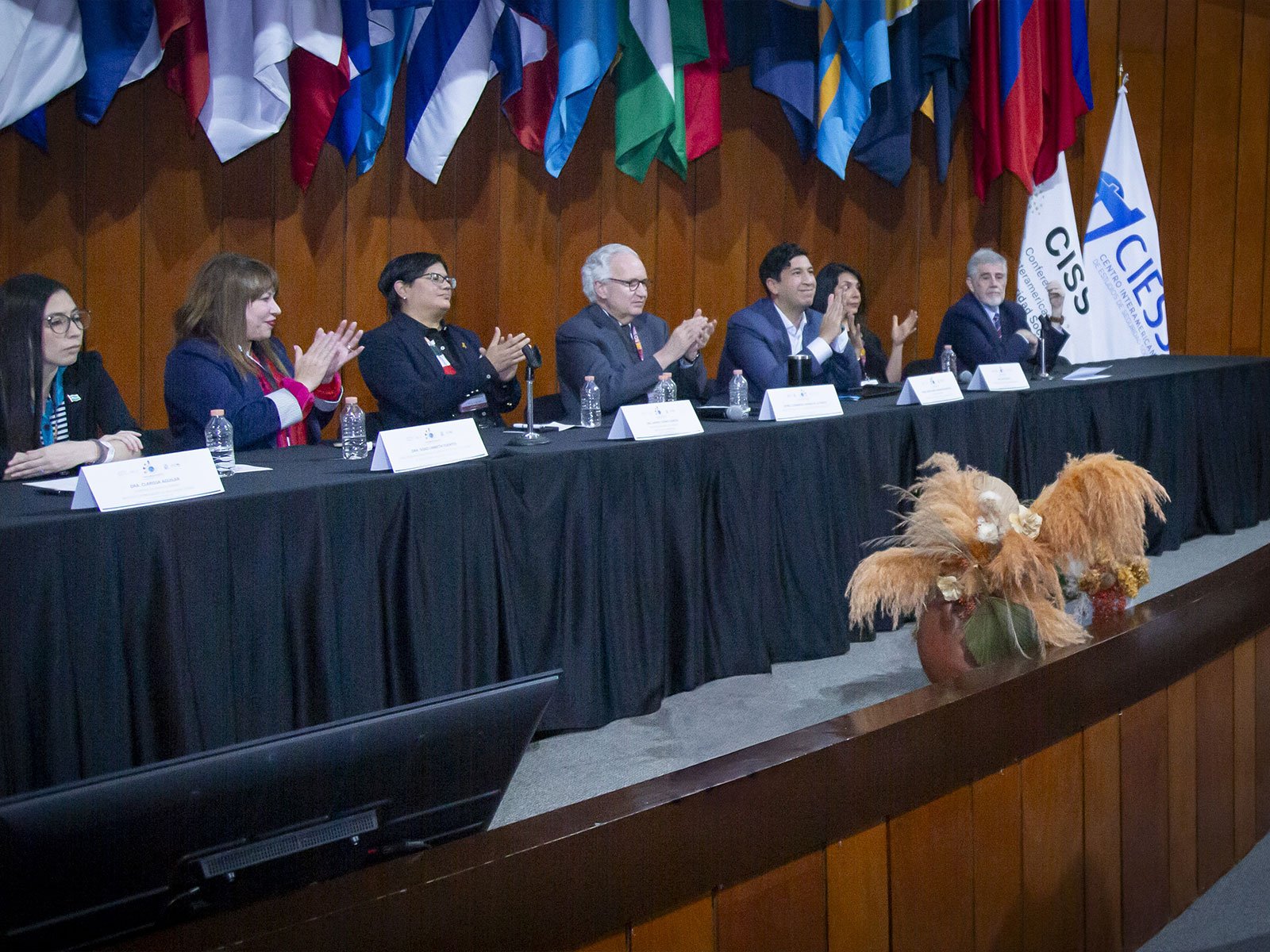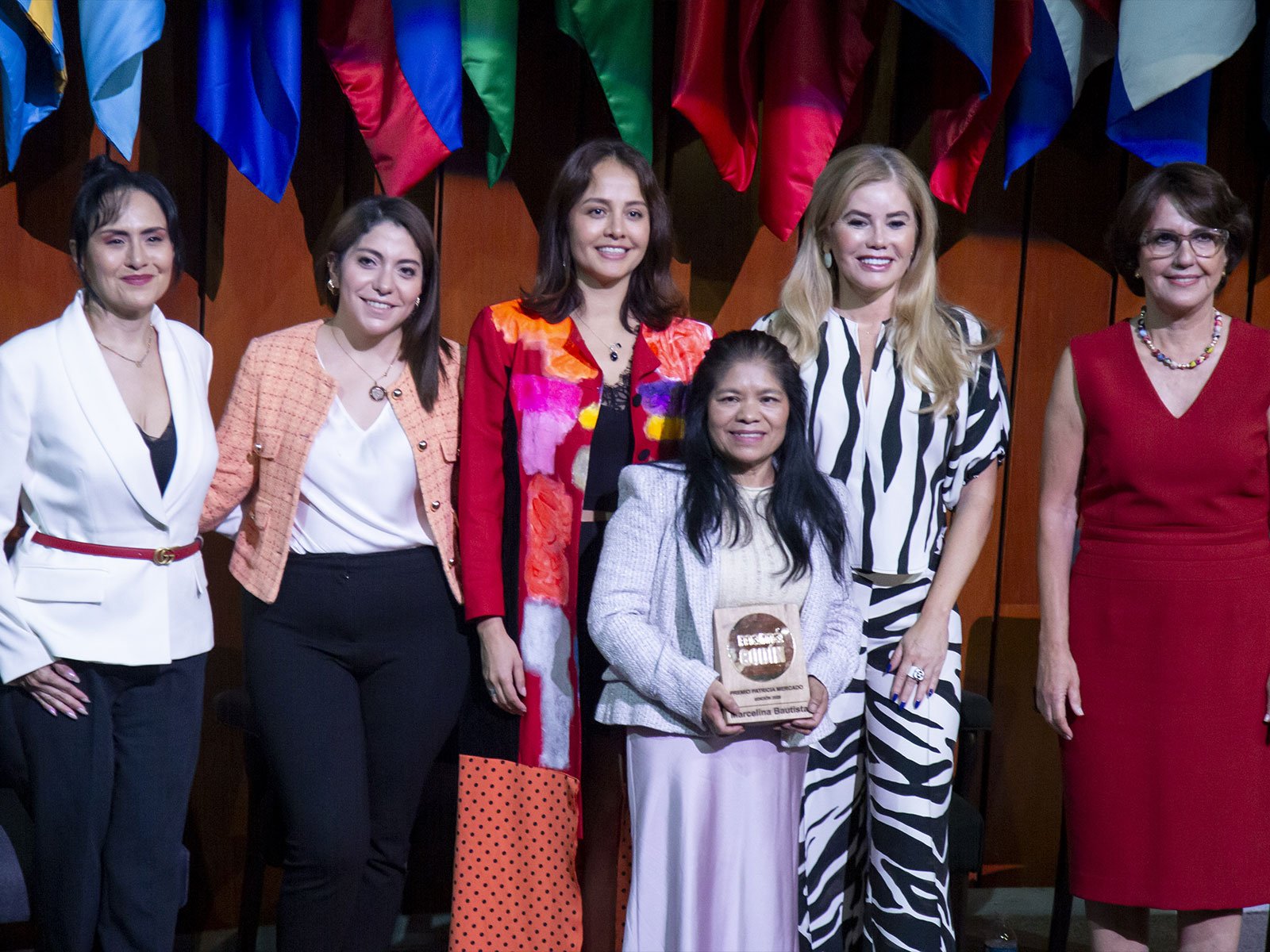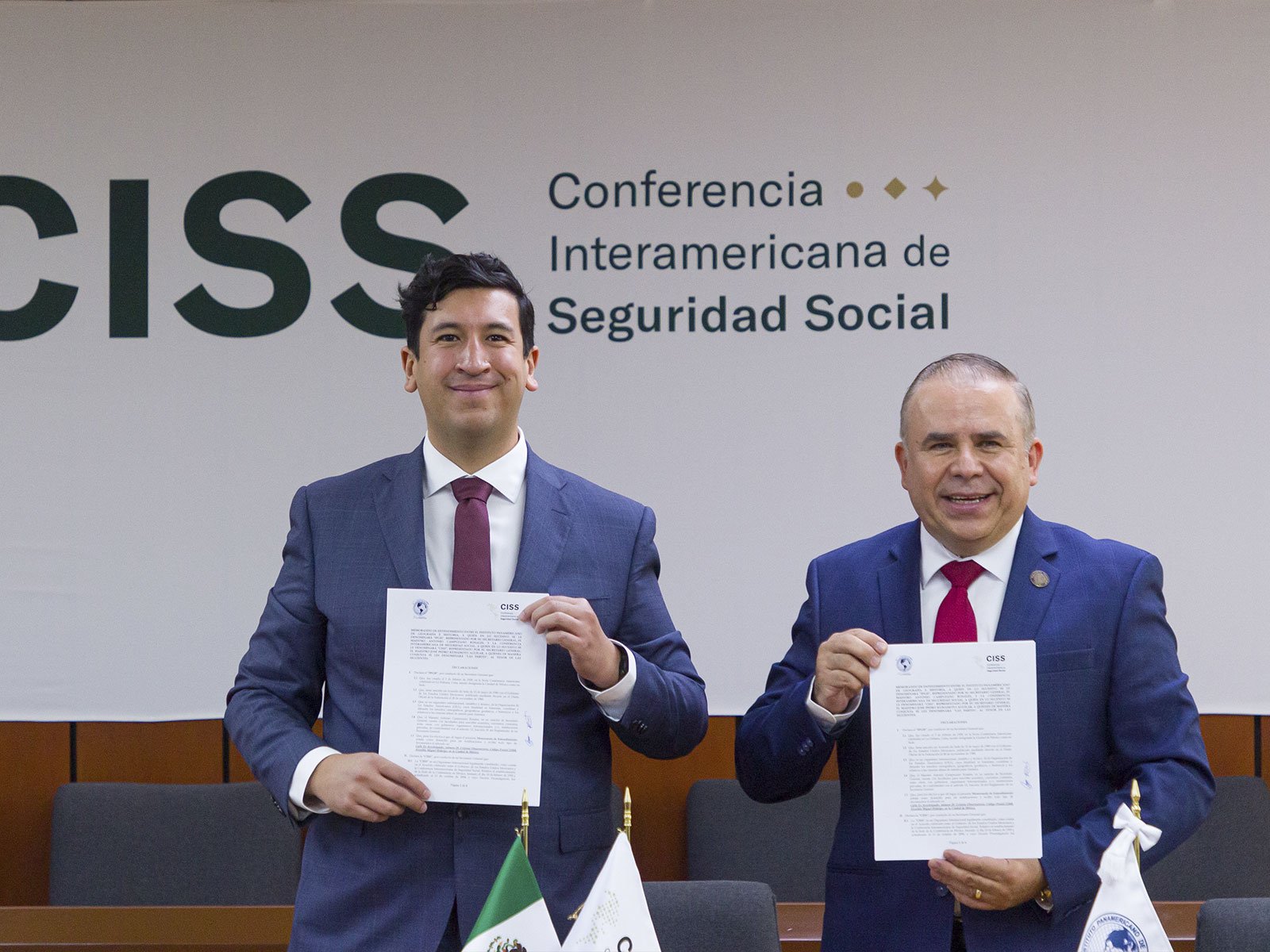
The Latin American and Caribbean Confederation of Domestic Workers (CONLACTRAHO), the International Federation of Domestic Workers (IDWF), and THEMIS – Gender, Justice, and Human Rights- will participate in the 188th public hearing of the Inter-American Commission on Human Rights (IACHR) on domestic work, violence, and workplace harassment, to demand that the governments of Latin America and the Caribbean advance in the implementation of International Labor Organization (ILO) Conventions 189 and 190 and ensure labor and human rights for over 18 million paid domestic workers in the region.
In Latin America, women make up 95% of the paid domestic workforce and are disproportionately affected by the region’s conditions of crisis and poverty, particularly indigenous, Afro-descendant, and migrant women. The pandemic also had additional impacts on the sector, with the loss of employment for domestic workers by up to 70% in the region, a dramatically higher figure compared to other sectors.
Cleide Pinto, the General Secretary of CONLACTRAHO, mentioned that «although degrading and slavery-like work conditions already existed, situations of freedom deprivation, forced confinement, including the children of domestic workers, and slavery-like work worsened in the region due to the extended stay of employers in their homes. This led to cases like that of Rosana Urbano, who died at the age of 57 in Brazil under circumstances related to abuses, due to the lack of regulation of domestic work in the country.»
With this action, CONLACTRAHO, IDWF, and Themis request urgent actions from IACHR for the effective implementation of the mentioned conventions related to equality, non-discrimination, inclusion in social security – including maternity rights and guarantees of health and safety at work – in a single legal framework that places human dignity and respect at its core. Additionally, it obliges member states to ensure equality in terms of working hours and minimum wage.
June Barrett, the 2nd Vice President of IDWF, expressed that «the road ahead is still long because in the region and globally there are countries that have not yet ratified ILO Conventions 189 and 190 or whose domestic laws do not address the concept of decent work. The work of domestic workers should be on par with that of all workers worldwide, without exception.»
Marcia Soares, Executive Director of Themis, stated that «the precarious living conditions of Latin American domestic workers worsened during the Covid-19 pandemic. This resulted in job and income loss and increased chronic problems like gender-based violence. It is about dignifying, recognizing, and regulating the work of hundreds of women in Latin America.»
This initiative is supported by the Inter-American Conference on Social Security (CISS), CARE International, and the French Development Agency (AFD), who call on the region’s states to ensure social security and protection and provide workplaces free of violence for all domestic workers.
The Latin American and Caribbean Confederation of Domestic Workers (CONLACTRAHO) operates in 16 countries in Latin America and the Caribbean (Mexico, Guatemala, El Salvador,
Honduras, Costa Rica, Colombia, Peru, Argentina, Chile, Paraguay, Ecuador, the Dominican Republic, Bolivia, Brazil, Nicaragua, Panama), with 31 unions of domestic workers and a base of approximately 154,059 people.
The International Federation of Domestic Workers (IDWF) has 88 affiliated organizations from 68 countries representing over 670,000 workers worldwide.
Themis – Gender, Justice, and Human Rights is a Brazilian organization with 30 years of work in combating women’s discrimination in the justice system.





